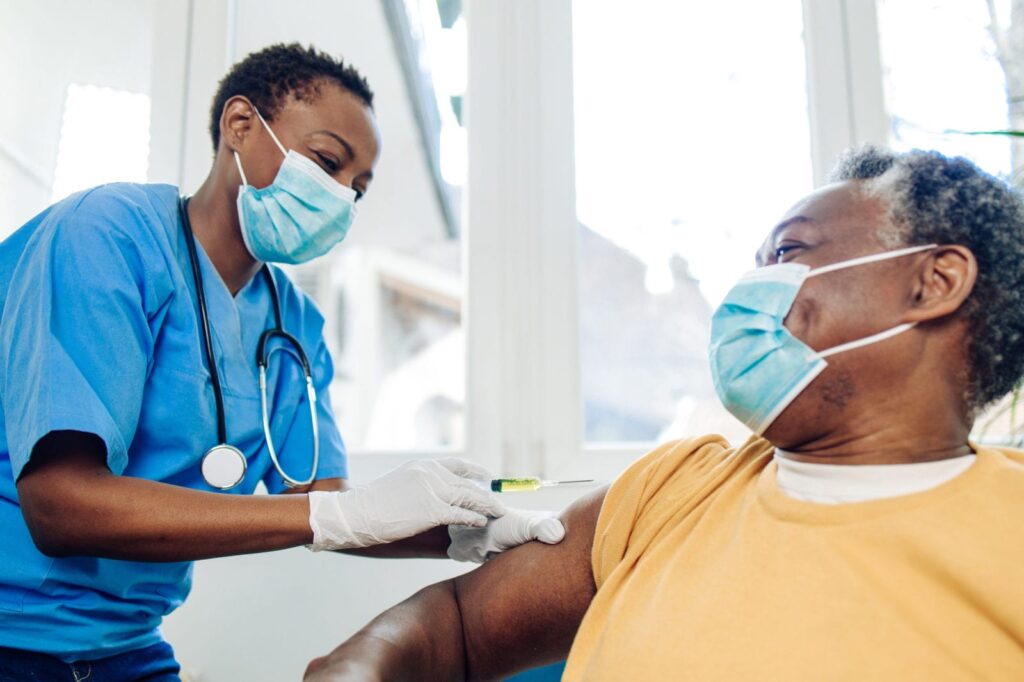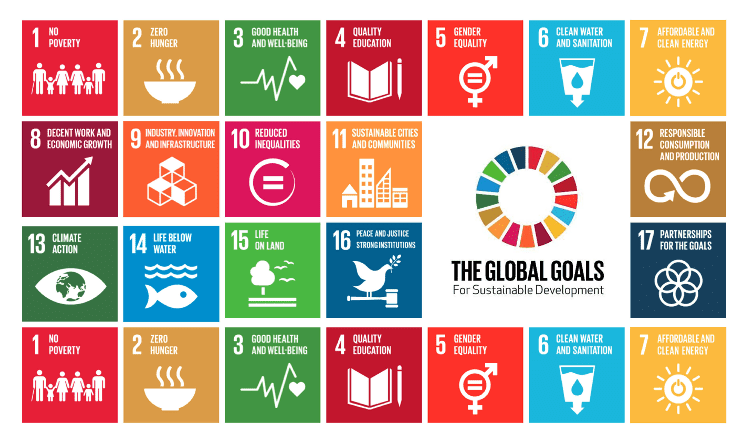
At Medecision, we are committed to improving healthcare and health equity for all and feel it’s important to highlight the voices championing an equitable healthcare system. That’s why we’re happy to share this view from André Blackman, founder and CEO of Onboard Health.
By André Blackman, founder and CEO of Onboard Health
In healthcare, we stand at the intersection of a pandemic that has devastated communities, livelihoods and economies across the globe, and the promise of rapid innovation, technology and whole new avenues of impact. When we begin to dig into what is being rebuilt from the last year and the opportunities to create a more connected, responsive and resilient future of health, one question continues to echo loudly: Is this new system being built for everyone?
The Lens of Health Equity
The concept of health equity is far from new. Early frameworks in public health, medicine and sociology highlighted the need to address the universal rights to a standard of care and access to healthy lives. From the early declarations of the 1940s to the more recent Sustainable Development Goals posed by the United Nations in 2015—in which health equity was front and center—the concept of “health for all” has been around for quite some time.
However, if we look back into the healthcare system in this country, we see that the U.S. has a long-standing history of structural racism, which intentionally created barriers to equitable access to care. This not only brought about generational divides on health but also created a deep layer of mistrust among the communities most impacted. While the clear results of health inequities have shown up consistently over the years, the global pandemic put them on full display at a catastrophic level here in the United States.
The Equity Leaders
Over the last several months however, powerful voices—both hoarse from years of speaking out, as well as newer ones with fresh energy and perspective—have begun to not only challenge the entire healthcare industry but also effectively craft new narratives, ventures and frameworks for how this next phase of an equitable, healthy future is created. The BlueCross BlueShield Association’s National Health Equity Strategy is just one example of how healthcare companies are using their influence to bring about positive changes. Now more than ever it will take all of us at various levels of influence and authority to get on the same page about what needs to be done in order to create an equitable landscape that we can then build innovations on top of—not the other way around.
In order to do that it will be absolutely critical to expand our circles of insights and learning so that ignorance and analysis paralysis will no longer be a plausible excuse (they never were to begin with) for why critical, transformational changes in healthcare have failed to progress.
As we continue to face and fight the COVID-19 pandemic, vaccinations are a key component in getting the pandemic under control. But given the deep mistrust of the healthcare system among many communities of color, it’s critical that knowledgeable members of those communities share facts about the vaccines with them. A new campaign from KFF’s Greater Than COVID and the Black Coalition Against COVID, which includes this video, is designed to dispel misinformation and provide accessible facts about the vaccines from Black healthcare workers.
By changing the conversation and making it available and authentic to communities of color, we take a small step to bridge the divides that structural racism has created.
It is important to hear from innovators and leaders who are reshaping the narratives, breaking down historically exclusive ideologies and applying rigorous evidence-based frameworks to where the future of health needs to go. These are just a few of the individuals with strong voices and perspectives that need to be heard:
- Aletha Maybank (Health Equity, Anti-Racism & Medicine)
- Rhea Boyd (Health Equity, Anti-Racism & Medicine)
- Rachel Hardeman (Health Equity, Violence, Anti-Racism)
- Chris Pernell (Health Equity, Anti-Racism & Medicine)
- Ivor Horn (Health Equity, Inclusion & Technology)
- Uché Blackstock (Health Equity, Anti-Racism & Medicine)
- Oni Blackstock (Health Equity, Anti-Racism & Medicine)
- Kimberly D. Manning (Health Equity, Anti-Racism & Medicine)
- Adimika Arthur (Health Equity, Inclusion & Technology)
- Irene Dankwa-Mullan (Health Equity, Inclusion & Technology)
- Silas Buchanan (Health Equity, Inclusion & Technology)
- J. Nwando Olayiwola (Health Equity, Anti-Racism & Medicine)
- Joy Lewis (Health Equity, Anti-Racism & Medicine)
- LaShyra Nolen (Health Equity, Anti-Racism & Medicine)
- Pamela Garmon Johnson (Health Equity, Public Health)
- Alfiee Breland-Noble (Mental Health Equity)
While this list is not exhaustive, these individuals stand out for their foundational work championing health equity and increasing momentum toward building an equitable and inclusive future of health—especially over the last year. Their spoken and written content has bolstered their platforms, and they will continue to be voices of impact for years to come.




About The Author: André Blackman
André Blackman is an influential and connected agent of change within the health innovation community. He is passionate about the intersection of media, technology and useful innovative concepts as it relates to the improvement of population and systemic health. André is the Founder and CEO of Onboard Health, a specialized executive search and advisory firm dedicated to building an equitable future of health. He has been named one of Fortune's 40 Under 40 in Healthcare in 2020, and his commentary has been featured in media outlets including Forbes, Black Enterprise, U.S. News and World Report, NPR and CIO Online.
More posts by André Blackman